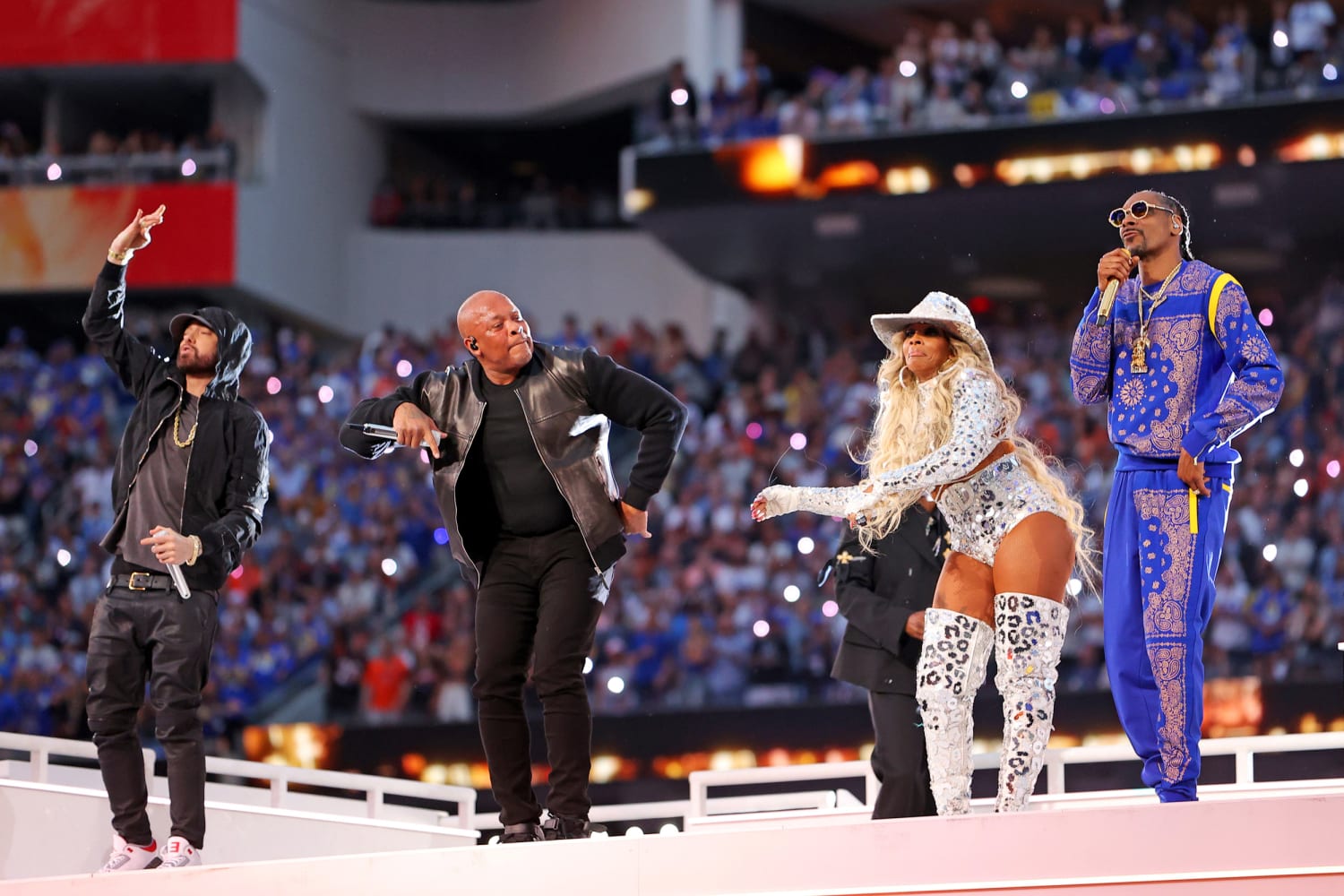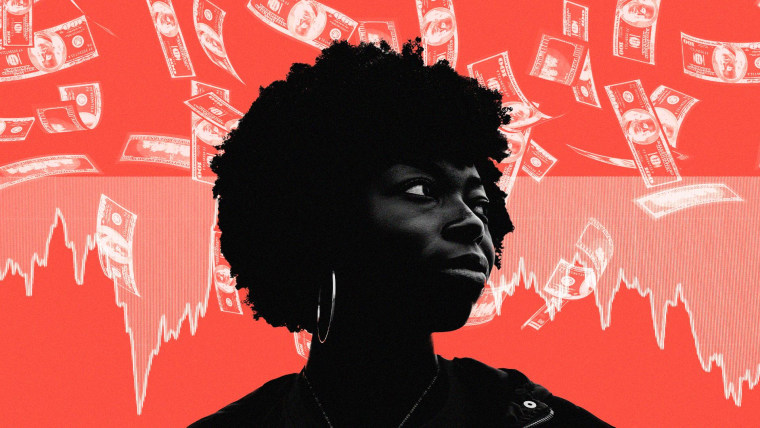Gen X doesn’t tend to get worked up over much, but apparently we’re not letting this one go without a fight. Sunday’s Super Bowl halftime show was viewed by over 29 million U.S. households, featuring a high-profile lineup of hip-hop royalty: Kendrick Lamar, Dr. Dre, Mary J. Blige, Eminem, Snoop Dogg, with surprise guest stars 50 Cent and Anderson Paak. Eminem had barely taken a knee when the memes and articles started circulating about the show’s “millennial nostalgia” appeal.
It was the millennials’ moment: a chance to once again embrace the songs of their youth as newly classic, nostalgic and cool.
Millennials, for their part, were happy to claim ownership. It was the millennials’ moment: a chance to once again embrace the songs of their youth as newly classic, nostalgic and cool.
But wait a second. The songs of their youth? We Gen Xers pushed back. Dr. Dre? Mary J.? Eminem? The millennials were claiming ownership of Snoop Dogg? We acknowledge the millennials have custody of Kendrick Lamar, but the rest of these artists were all born firmly into Generation X, (1965-1980). Full stop.
We’re used to being overlooked as a generation, but this was a step too far. As Seton O’Connor tweeted: “Boomers taking all the money. Millennials taking all the credit. #GenXLife.”
The message from Gen X was clear: Feel free to enjoy the tunes, kids, but this halftime talent show was brought to you courtesy of the one and only “slacker generation.”
Obviously, this social media equivalent of a food fight is mostly light-hearted. But there is genuine tension lurking beneath the jokes. To understand why, it’s important to acknowledge that both Gen X and millennials have a bit of a generational chip on their shoulder. In addition to their early slacker reputation, many Gen Xers feel forever overlooked, sandwiched between two much larger generations (the boomers and millennials, respectively). Even the name “Gen X” feels anonymous, as if the world couldn’t be bothered to come up with something more meaningful. As Alex Williams wrote in The New York Times: “What is an X? An empty set, a place-holder, a nothing that fills a void until an actual something comes along.”
Millennials, for their part, have long borne the brunt of intense generational scapegoating. A large and imposing cohort, millennials’ proactive and bold attitude in the face of multiple compounding crises was seen by many as entitlement, and they became a cultural scapegoat. Millennials were blamed for ruining golf, napkins, bar soap, casual dining and American cheese — any unwanted change was placed firmly at the feet of the millennial generation.
This particular Super Bowl showdown, therefore, is just the latest example of an age-old tug-of-war. Through generalizations, ignorance and stereotypes, we’ve been conditioned to believe that generations are in constant competition — for opportunities, for power or, in this case, for relevance. When something goes wrong, we are quick to point generational fingers: Older generations are to blame for things not changing fast enough; younger ones are at fault for things that are changing too much. And we are quick to claim the credit when things are a success, clinging tightly to what we rightfully see as “ours” (I’m looking at you, Dre).
But if I’ve learned anything in the last few years, it has to be that this kind of polarization is unproductive.
The wise Mary J. Blige would tell us to leave our “situations at the door” and end this generational hateration. In truth, both Gen X and millennials are in a common phase of life: not kids anymore, but not retirees, either. Millennials range from 26 to 42 years old this year, whereas Gen Xers will be turning somewhere from 43 to 57. While interesting and important generational differences will always exist, there are times when our common ground should bring us together. We are two generations raising children and caring for aging parents at the same time, coming through years of balancing remote work, family responsibilities and trying to maintain our collective sanity.
“As a generation, the last two years we have had to bury our parents, friends we grew up with, and lost careers. We have had to start all over while being faced with new responsibilities,” noted Texan Tracy Cole in a Facebook post shared close to 9,000 times. Cole explained why something as simple as a Super Bowl halftime show can have a real impact right now. “We were taken back to a simpler time in our lives,” she wrote.
Ultimately, Sunday’s halftime show belongs to Gen X, a generation that should take pride in the talent and expertise it has created. But it also belongs to the millennials, as every generation should be able to feel pride and ownership in the events (and the music) that shaped their youth. It was a show that brought together the best of both generations, making something together that neither could make alone.
Source: | This article originally belongs to Nbcnews.com










